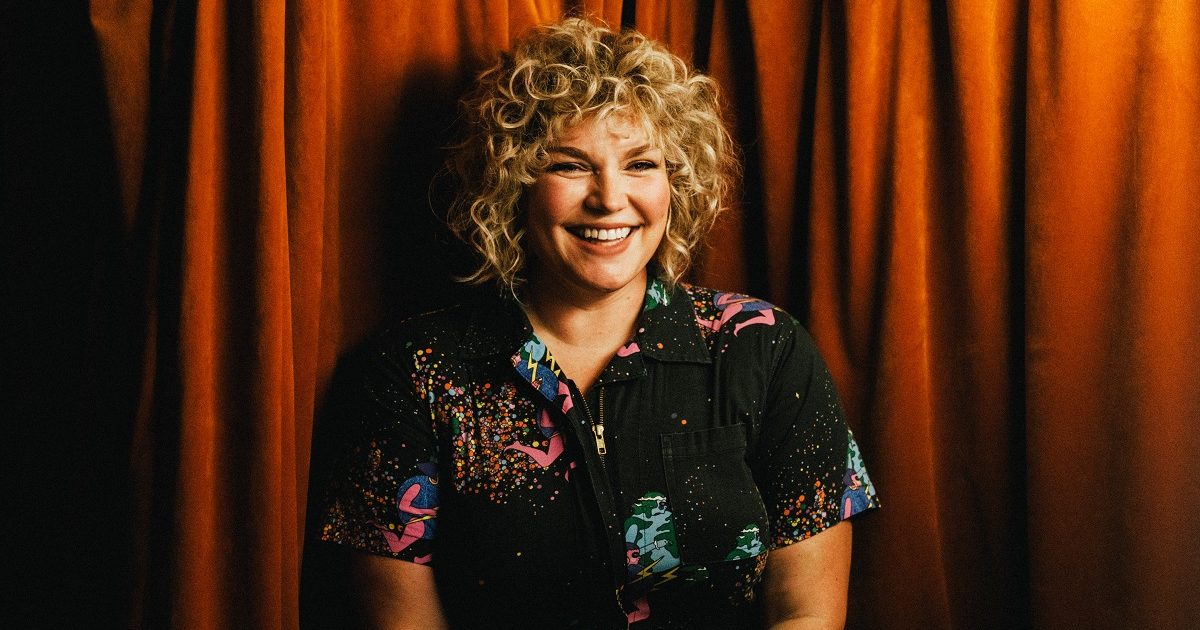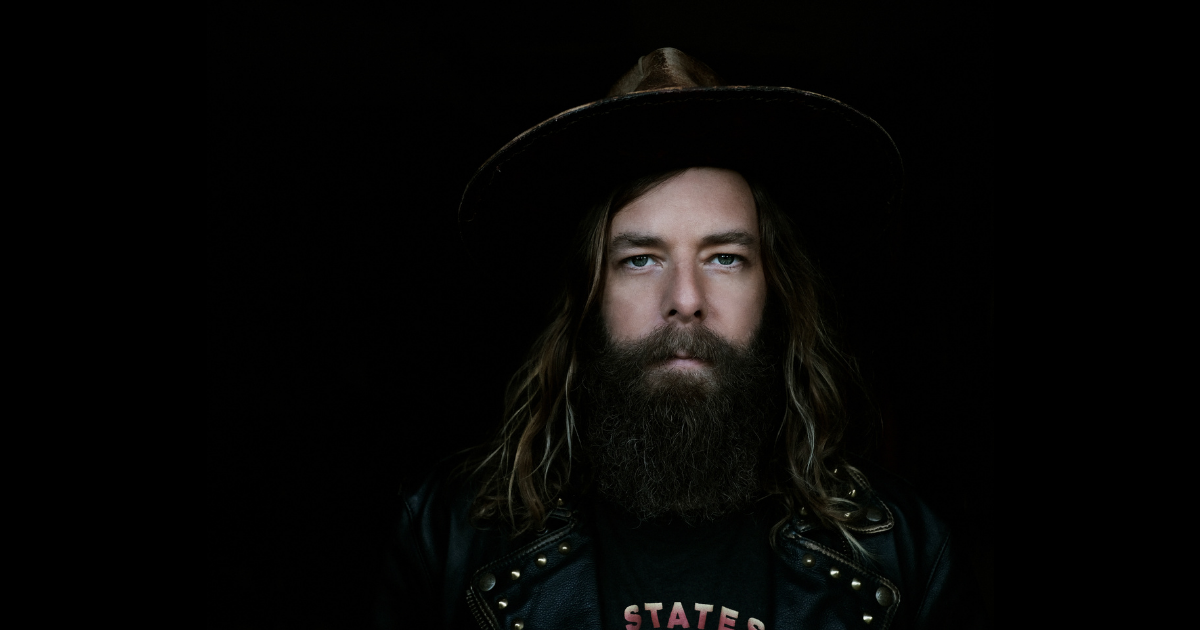Artist: Lauren Morrow
Hometown: Hometown is Atlanta, Claimed town is Nashville
Latest Album: People Talk
Personal Nicknames: “LoMo”
What was the first moment that you knew you wanted to be a musician?
When I was 15, I won a contest to sing with a band called Marvelous 3 (now defunct, but formally fronted by Butch Walker) at a massive Atlanta festival called Music Midtown. I think there were something like 90,000 people there, and I was blackout nervous and a total mess the whole day, but as soon as I stepped on the stage, it was like I was possessed. I’d been interested in playing music for a little while before this, but from that night on, it was all I ever thought about — how to recreate that feeling, how to create my own songs that would move people the way music moved me. I guess I’ve been chasing that feeling ever since. Butch and I have been friends since then and I’m eternally grateful for this mentorship on this journey.
What other art forms — literature, film, dance, painting, etc — inform your music?
I was an English major in college with a minor in British & American cultures, so literature (specifically British literature) is a big influence on my music and my writing. It’s not so much that I write specifically about books or stories I’ve read, but I’ve always loved to write, and I’ve always loved words. I spend a lot of time on my lyrics — I want them to make sense and have a point, not to be an afterthought — and I know that comes directly from my love of the written word. I want my lyrics and the melody they’re encapsulated within to feel fluid like the two things are fused together, and I want them to be relatable like you’re reading a book about my life and experiences that you can find yourself within.
If you had to write a mission statement for your career, what would it be?
I think navigating these last few years with a completed album during a pandemic has taught me the power of surrendering and expecting less. I don’t mean for that to sound depressing — it’s actually quite freeing when you think about it. There’s only so much you can do for yourself as an artist, and I advocate for myself and this record every single day. I do what I need to do, and I work really hard, but at the end of the day, there’s not a whole lot I can control. When you fixate on those things (“Why didn’t that journalist write about me?” “Why wasn’t I asked to play that festival?” “Why wasn’t my song included on that playlist?”), it can really drive you insane and make you miss all of the great things that are happening for you everyday. So much of this industry is controlled by things that are outside of your control, so I just try and put my faith in myself, my product, my team, my tenacity, and the Universe (or God or Source or whatever you choose to call it.) Everything else will fall in line the way it is meant to.
Which artist has influenced you the most … and how?
My favorite band of all time is U2 — a fact that shocks most people when they hear it, but I’ve been obsessed with them since I was a child. Over the years, I’ve gotten a lot of shit for being such a big fan of theirs (thank you Apple album upload!), but I don’t care — their songs, melodies, ideas, shows, all move me in ways that are hard to describe in words. It feels bigger and deeper than me. Sure, all of it reminds me of my childhood, but their songs are huge, anthemic, and meaningful, with something new to discover in every listen. I tried to recreate some of that vibe with People Talk.
What has been the best advice you’ve received in your career so far?
My old band, The Whiskey Gentry, toured heavily with the band Cracker, and my husband Jason and I became very close with their lead singer, David Lowery, and his wife, Velena Vego. Both are veterans of the music industry, and they offered us some great advice through a really tumultuous and confusing time in our careers. Personally, I was in a place in my life where I thought I’d paid enough dues and I felt like success was something that I’d already earned (little did I know about the years of invaluable growth that were still to come), but David and Velena were both very adamant that Jason and I have other jobs and side-hustles to help us make money while we were pursuing our dreams. This, coming from people as successful in music as David was/is in Cracker and Velena who has booked the legendary 40 Watt Club in Athens for almost four decades. Jason has always had a successful residential/commercial painting business, and I always worked jobs or helped him, and that’s how we’ve been able to keep our mortgage paid, stay on the road, and self-fund the release of People Talk on our own label, Big Kitty Records. I believe there will come a time when we won’t have to hustle so hard in other areas of our lives, but we aren’t there yet. And even if we don’t ever get there, we know the value of hard work and where that’s taken us in our lives thus far.
Photo Credit: Jace Kartye

